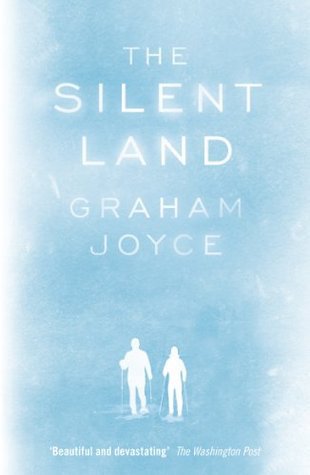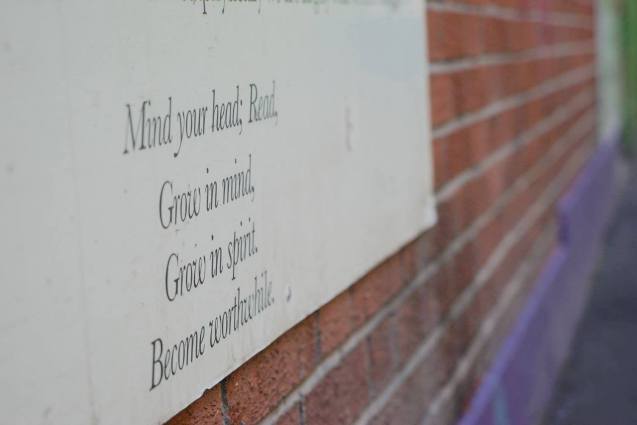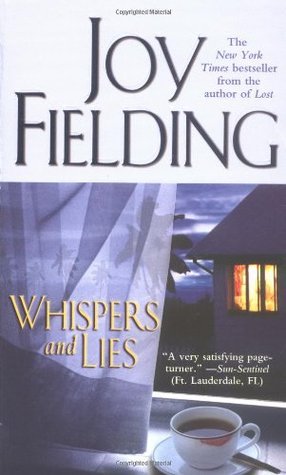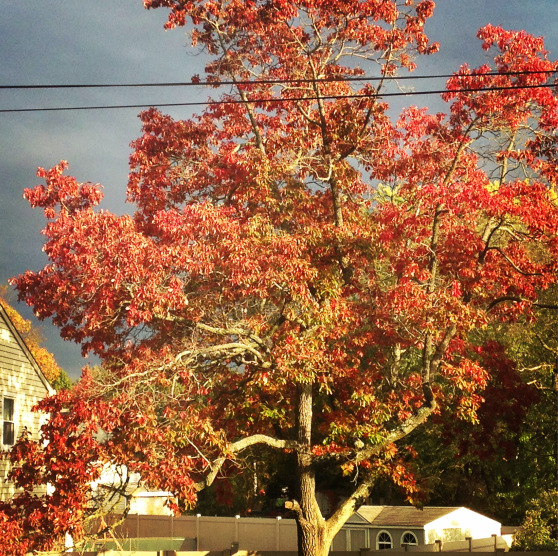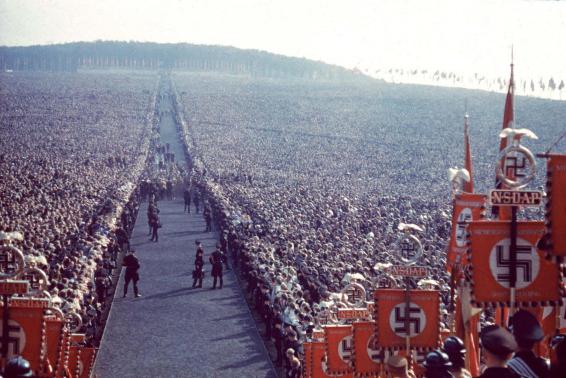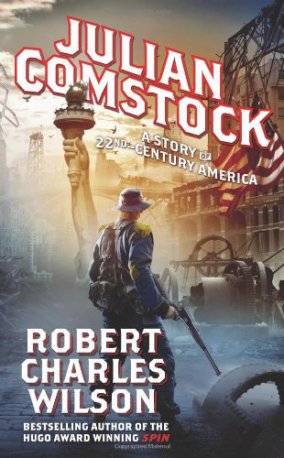 Having read a pretty large swath of Robert Charles Wilson’s bibliography, I feel pretty comfortable in saying that I generally know what to expect from him. Wilson is a big picture kind of author; he takes what could easily be pulp sci-fi conceits – one day, the stars all disappear, all over the world; a series of monuments appear commemorating the future victories of a despotic warlord; aliens arrive at Earth and extend the offer of immortality – and explores them in remarkable depth, watching what would happen to society in the wake of such world-changing events. He explores religious, social, cultural, and even political ramifications, watching how a single moment can change our pictures of ourselves and our society.
Having read a pretty large swath of Robert Charles Wilson’s bibliography, I feel pretty comfortable in saying that I generally know what to expect from him. Wilson is a big picture kind of author; he takes what could easily be pulp sci-fi conceits – one day, the stars all disappear, all over the world; a series of monuments appear commemorating the future victories of a despotic warlord; aliens arrive at Earth and extend the offer of immortality – and explores them in remarkable depth, watching what would happen to society in the wake of such world-changing events. He explores religious, social, cultural, and even political ramifications, watching how a single moment can change our pictures of ourselves and our society.
And yet, while that aspect of Wilson is completely evident in Julian Comstock – this is, as the novel’s subtitle suggests, a novel of the 22nd century, set in an America that survived after oil ran out by turning back the technological clock, and at the same time, turned itself into a religious theocracy – this is also a wildly different book for him, one that feels more character-driven, more personal, and less sprawling. It’s a story more intimate than any I’ve really seen from Wilson before, and for all of its rich ideas and worldbuilding, at its core, it’s the story of two friends and their lives in this world so clearly inspired by ours, whether for good or for bad.
That different feel is evident as soon as the book’s structure reveals itself as a memoir – and more importantly, the memoir not of our main character, Adam Hazzard, but of his friend, the famous Julian Comstock. It follows our heroes from their unlikely boyhood together, through their times in war, all the way to the source of Julian’s fame – or infamy, depending on who you ask. It’s a humble-feeling book, one that feels like a tribute to a friend, and an effort to humanize an icon. But it’s also a great adventure story, and a coming of age story, as we watch these two boys become men and grapple with their place in the world.
If that sounds more conventional than you might expect from Wilson, well, that’s okay; rest assured, Wilson brings his usual gift for worldbuilding and scope to bear in his setting, as we come to understand more and more not only what 22nd-century America is, but how it came to be. We see how the oil shortages became rebranded as a “Tribulation,” and how the government and church came to unify. We see how the class system shifted, revolving around indentured servitude rather than freedom, and how ideas like science and Darwinism faded from the public conscience – but never went away. And that’s where Wilson finds much of his drama, as Julian becomes a crusader for science and rationalism in a world that doesn’t always welcome it.
All of that would be more than enough for most books, but Wilson brings even more to the book in the voice of our narrator, Adam Hazzard, a sheltered, less rebellious figure who doesn’t always fully appreciate the gap between what he thinks he knows and what’s really going on. (A tip: keep Google Translate handy for any passage of foreign language; the play between what people are saying and what Adam knows is always fun, and sometimes surprisingly illuminating.) Wilson plays with Adam’s naive perspective beautifully, letting him not always pick up on the subtextual relationships between people, or sometimes completely misread a situation – something Wilson never goes out of his way correct. It all works to make Adam a winning, endearing character, one whose sheltered worldview and warm, if naive, perspective give the book a rich flavor all its own.
Julian Comstock may not have the impact or scope of some of Wilson’s best works, but in the end, it may be his richest, warmest, and most accessible book. What he’s gotten away from in scope he’s picked up in characterization and vibrancy, making this one of the first books of his I’ve read that invested me more in the characters and their lives than it did the ideas and impact of its story. It’s a great read from one of the best science-fiction authors working today, and a nice reminder of how great it can be to find those moments when authors step out of their comfort zone to do something different.
Amazon Advertisements Share this:
